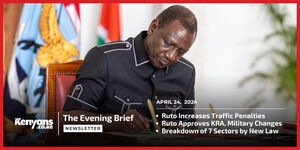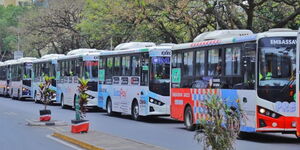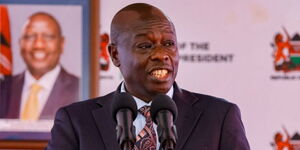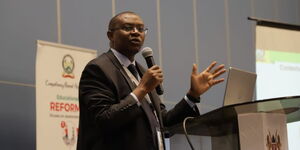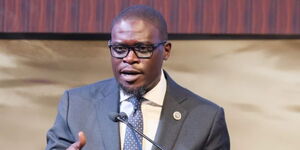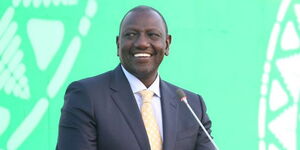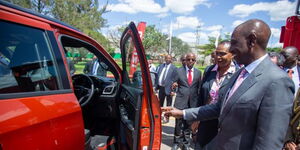New details have emerged on why Jubilee and CORD coalitions finally agreed to form a mediation team which would oversee reforms on the Independent Electoral and Boundaries Commission (IEBC).
Reports now indicate that the United States played a key role in bringing the two factions to the negotiating table through persuasion and threats of imposing sanctions against leaders from both coalitions.
It has also emerged that leaders were also warned of travel restrictions to some foreign countries, bringing to a halt the weeks-long demonstrations that were marred by violence.
According to a report by a local daily, US officials led by Ambassador Robert Godec acted as mediators leading to the formation of a team that is set to be unveiled within the week.
The Opposition is said to have put more trust on diplomats rather than local religious leaders whom they suspected of supporting the government in the stalemate.
Mr Godec, the leader of Western envoys, is said to have demanded a smooth and peaceful engagement on the matter leading to a 'white smoke' which the Opposition alluded to when suspending its weekly protests.
"He also warned them the elections must be free and fair. The two teams were also asked to present their negotiating proposals, which they did," a source was quoted by the Star.
Church leaders also revealed that the two coalitions had met in the presence of negotiators and at times had to drop their positions for an amicable solution to be agreed upon.
“The two teams met in the presence of mediators to discuss issues raised and in some cases the negotiators are forced to force them to compromise on specific matters," stated NCCK chairman Peter Karanja.
Over the weekend, leaders from both coalitions hinted on a possible solution to the deadlock. On Sunday, Deputy President William Ruto indicated that talks regarding IEBC were almost complete, adding that all pending issues would be finalised within three days.


